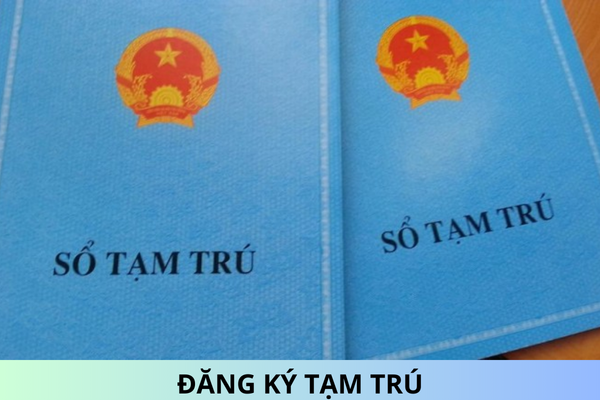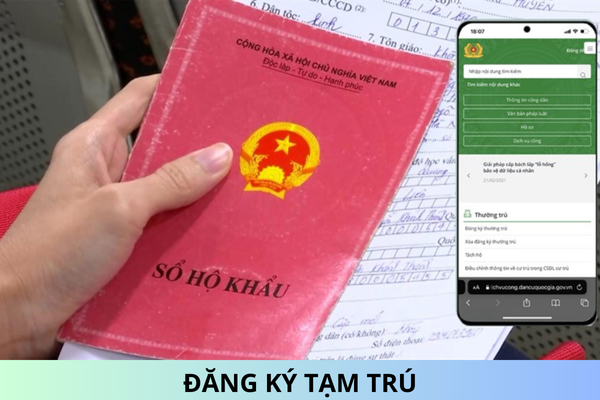Age 17 not permitted to make an oral will? Does an oral will with only one witness hold legal validity?
17-year-olds cannot make an oral will
Can a 17-year-old make an oral will? What does the law say about this matter?
Answer:
Based on Clause 2 Article 630 of the Civil Code 2015:
A will made by a person from fifteen years old to under eighteen years old must be made in writing and must be agreed upon by their parent or guardian regarding the making of the will.
According to this provision, a will of a person from fifteen years old to under eighteen years old must be made in writing. Therefore, a 17-year-old cannot make an oral will.
Is an oral will with only one witness valid?
I understand that in urgent situations, an oral will can be made. What conditions must this will meet to be valid? Is having one witness enough?
Answer:
Based on Clause 5 Article 630 of the Civil Code 2015:
An oral will is considered legal if the person making the oral will expresses their final wishes in front of at least two witnesses and immediately after expressing the final wishes, the witnesses write them down and sign or fingerprint. Within 05 working days from the day the person making the oral will expresses their final wishes, the will must be certified by a notary or an authorized agency to confirm the signatures or fingerprints of the witnesses.
Therefore, an oral will must have at least two witnesses.
An oral will is considered legal if it meets the following conditions:
- The person making the oral will expresses their final wishes in front of at least two witnesses.- Immediately after the person making the oral will expresses their final wishes, the witnesses write them down and sign or fingerprint.- Within 05 working days from the day the person making the oral will expresses their final wishes, the will must be certified by a notary or an authorized agency to confirm the signatures or fingerprints of the witnesses.
Is an unnotarized, uncertified will made by a person on an airplane valid?
Is a will made by a person on an airplane without notarization or certification but in writing as valid as a notarized, certified will?
Answer:
Based on Clause 2 Article 638 of the Civil Code 2015, a written will has the same value as a notarized or certified will if:
The will of a person on a ship or airplane is confirmed by the commander of that vehicle.
Thus, that will is still as valid as a notarized, certified will if it is confirmed by the commander of the airplane.
Sincerely!










